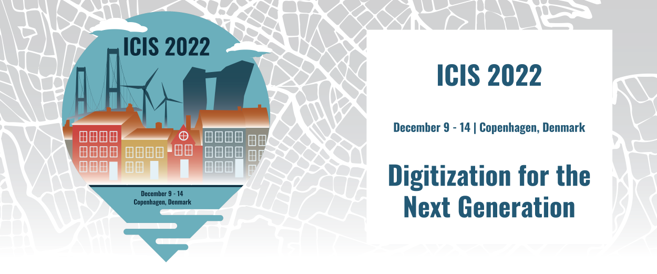Loading...
Paper Number
2066
Paper Type
Complete
Description
This study examines how an interesting technological phenomenon called the “Hashtag Dance Challenge” (HDC), made popular on the short video platform TikTok, may drive artists’ popularity on the digital music streaming platform, and, importantly, help women, artists, to achieve traction that is needed to succeed commercially. Using data from TikTok, Spotify, and music analytics companies, we analyze the impact of HDCs on artists’ popularity growth rate on Spotify. We find that artists with an HDC-related song achieve a significant daily increase in followership on Spotify, representing traction and appeal within the music industry, relative to similar artists who do not have an HDC. Importantly, the daily growth of Spotify followers increases by approximately 3% more for female artists than male artists, given an HDC-associated song. Our findings shed new light on the role of social media with respect to artist self-promotion, especially in making the music more inclusive and attractive to female music artists.
Recommended Citation
Wang, Yifei; Ramaprasad, Jui; and Gopal, Anand, "Dancing to the #challenge: The Effect of TikTok on Closing the Artist Gender Gap" (2022). ICIS 2022 Proceedings. 7.
https://aisel.aisnet.org/icis2022/social/social/7
Dancing to the #challenge: The Effect of TikTok on Closing the Artist Gender Gap
This study examines how an interesting technological phenomenon called the “Hashtag Dance Challenge” (HDC), made popular on the short video platform TikTok, may drive artists’ popularity on the digital music streaming platform, and, importantly, help women, artists, to achieve traction that is needed to succeed commercially. Using data from TikTok, Spotify, and music analytics companies, we analyze the impact of HDCs on artists’ popularity growth rate on Spotify. We find that artists with an HDC-related song achieve a significant daily increase in followership on Spotify, representing traction and appeal within the music industry, relative to similar artists who do not have an HDC. Importantly, the daily growth of Spotify followers increases by approximately 3% more for female artists than male artists, given an HDC-associated song. Our findings shed new light on the role of social media with respect to artist self-promotion, especially in making the music more inclusive and attractive to female music artists.
When commenting on articles, please be friendly, welcoming, respectful and abide by the AIS eLibrary Discussion Thread Code of Conduct posted here.




Comments
15-SocialMedia